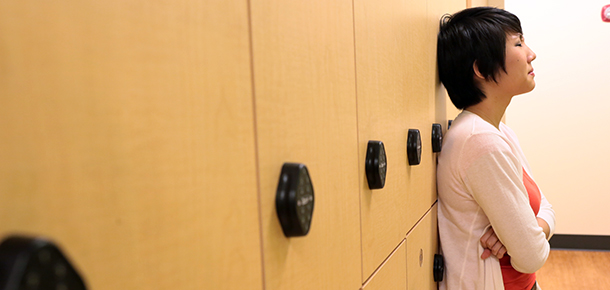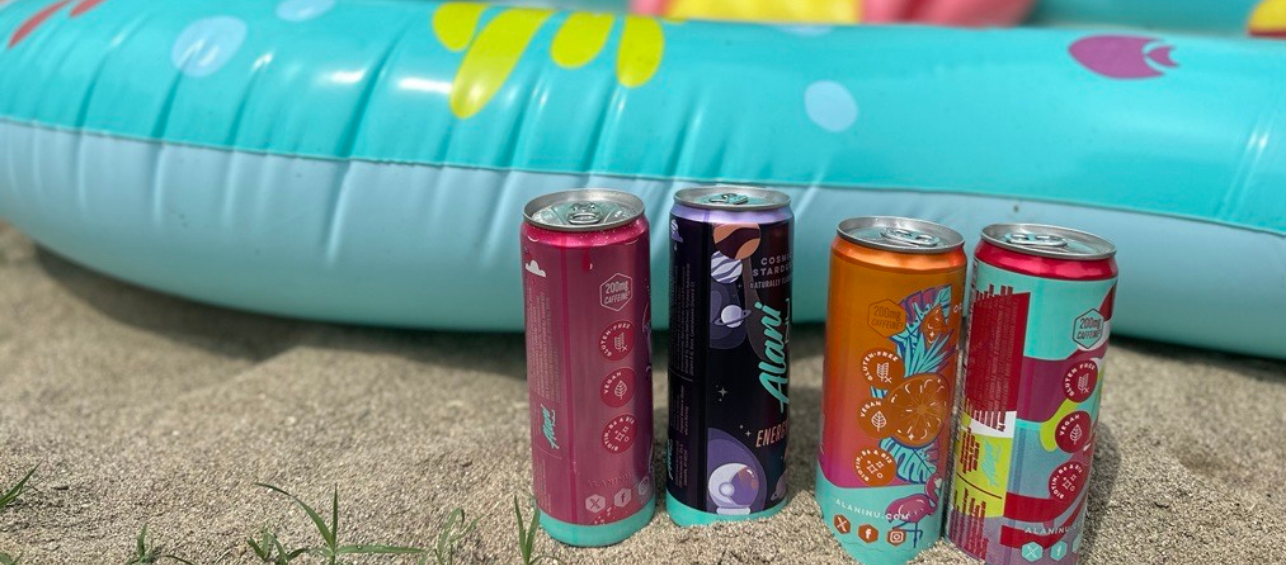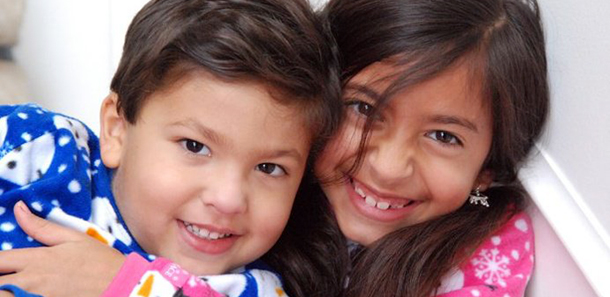The issue of prescription drug abuse in the United States has been well documented. What might be surprising for some parents, however, is how common adolescents misuse prescription medications and/or believe that they can safely experiment with them. The statistics are startling:
- One in four teens report having taken a prescription medication (that was not prescribed to them) at least once in their lifetime, according to research conducted by the Partnership for Drug-Free Kids.
- The likelihood of misusing controlled prescription drugs nearly doubles between the start and end of high school, according to analyzed reports from the National Center on Addiction and Substance Abuse (CASA) in 2011 and the National Household Survey on Drug Use and Health (NHSDUH) in 2009.
- In that same report, the CASA also found that more than 90% of high school students who have misused controlled prescription medications have also used other addictive substances. In addition, approximately 15 percent of high school students who have misused controlled prescription medications began before 13 years of age.
The good news is that children and teens who learn about the dangers of prescription drug abuse are 50% less likely to abuse them. So what do you need to know, and how do you talk to your teen about it?
First, it is important for parents to know the types of drugs that are most commonly abused. For Americans ages 14 years and older, the most commonly abused prescription drugs are:
Opioids (narcotics), such as Vicodin, OxyContin, and Codeine. Also referred to as: Hillbilly heroin, oxy, OC, oxycotton, percs, happy pills and vikes.
The danger: abusing opioids can cause teens to feel excessively drowsy, constipated and nauseous. Opioids can cause coma and slows down the breathing with as little as just one pill.
Other depressants, such as Xanax, Valium and Ativan. Also known as: xani-bars, benzos, downers, pharmies, planks, downers, and zombie pills.
The danger: abusing depressants can slow down the breathing, coordination, speech and alertness. Depressants can cause coma and death.
Stimulant amphetamines, such as Adderall and Ritalin. Known to some as: addies, poor man’s coke, kiddie coke, and uppers.
The danger: abusing stimulants can cause paranoia, increase in body temperature, rapid heartbeat, psychosis and seizures.
Second, it’s helpful for parents to understand a teen’s motivation behind abusing these substances. Common reasons teens take prescription drugs are to get high, stop physical/ psychological pain, or to concentrate. Males tend to abuse them for the rush or high, while females typically take them for weight loss or alertness.
So what do parents do about it?
Lock them up. If you have prescription medications in your home – and especially the ones that are on the most commonly used list – lock them up. It’s the safest way to ensure they do not get into unintended hands.
Explain the dangers. Don’t wait until you notice a problem to speak with your teen about it. Explain to your teen prescription drugs are intended for the person for whom they were prescribed, and when someone else takes them it is both illegal and dangerous. The dangers are numerous:
- Potential for deadly drug interactions.
Help your teen understand when prescribing medication, doctors weigh the risk and benefits, and prescribe when the benefits outweigh the risks. They take into account several factors including diagnosis, weight, and medical and medication history when prescribing medications. Someone abusing a prescription drug could be on another medication that may interact negatively and may result in dangerous effects like seizures, coma or even death. - Potential for overdose.
It’s also important to note that when prescription medications are taken in larger amounts or by different routes it changes how the drug is absorbed and metabolized in the body and brain. This misuse may lead to overdose and serious consequences. Some medications have such detrimental effects on the body that literally “one pill can kill” – meaning it may only take one pill to cause death with misuse or abuse of these prescription medications. - Potential for brain damage and/or addiction problems.
The most commonly abused prescription medications are also highly addictive. The earlier an adolescent misuses prescription medications, the more likely they are to also try an illicit drug and to develop a substance abuse disorder. Research has found that the teenage brain is also more sensitive to addictive substances, and physical changes in the developing brain leaves them more susceptible to addiction and a lifetime of substance related problems, such as deficits in learning, attention, and memory, leading to poor school performance. - Potential for risky behavior.
The misuse and abuse of controlled prescription medications may adversely affect a teen’s judgment and self-control. Impairment may lead a teen to participate in high risk behaviors such as driving under the influence, continued use of addictive substances, or engaging in unsafe sexual practices.
The bottom line is taking prescription drugs that were not intended for your teen is dangerous and potentially deadly. Prescription drug abuse continues to be an ongoing concern across the United States. Locally, at the Cincinnati Drug and Poison Information Center, we receive more than 4,300 calls related to intentional substance misuse and abuse monthly.
Please do not hesitate to call your Drug and Poison Information Center if you or your teens have any questions. We are here to help 24/7 at (800) 222-1222.
If you would like more information on how to talk to your teen about prescription drug abuse, the National Institute on Drug Abuse is a helpful resource.






It’s tough to find a way to end prescription drug abuse. There are many ways to move past it, if you decide to stop struggling with the substance abuse. There are ways to move forward in life